Mariam Abdelkader : Standing Tall - Despite Brutish War, Family Mishaps
- Par Kimeng Hilton
- 07 oct. 2022 17:02
- 0 Likes
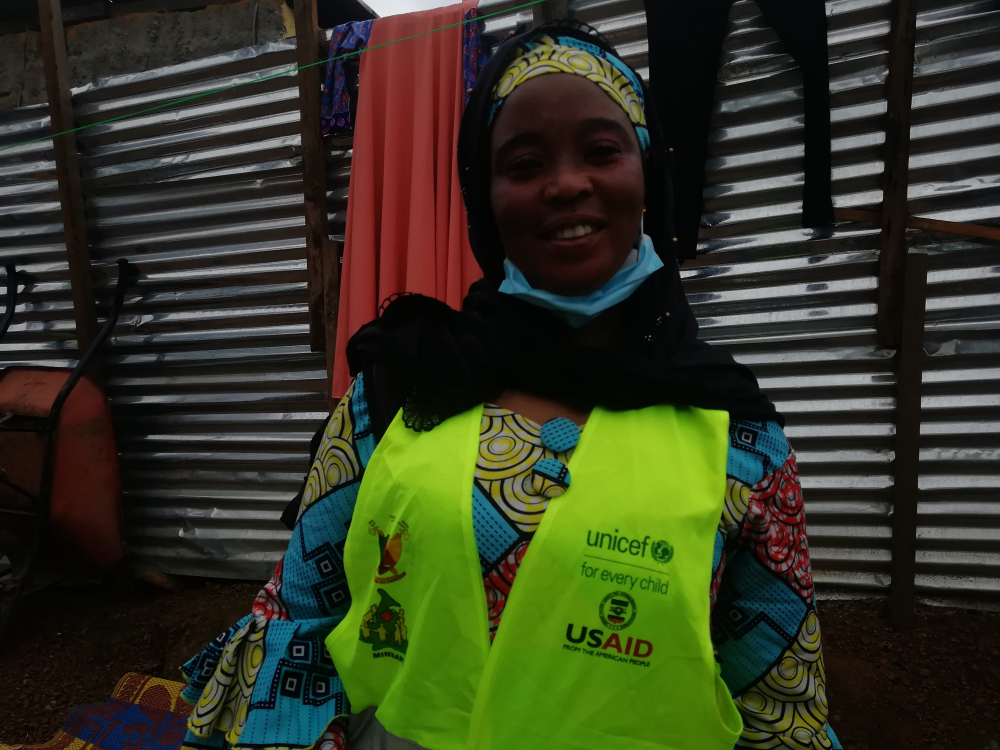
The Central African Republic youth refugee leader has since put behind her tumultuous past. And now focuses on helping refugees to steer clear of COVID-19 and come out of underdevelopment.
War was never meant to be pleasant. Not at all! Because it inevitably leaves behind frightful, sad memories, too difficult to handle. Or forget - overnight. And so the scars of war - physical, and especially psychological - often linger on. Much longer than their victims would have wished. Thereby raising another issue: How can war victims put the past behind them, and move on with their - “new” - lives? This, most often, is a tall order for victims of armed conflicts. And even for the society at large. But with the aid of passing time, and sometimes counselling, the victims do succeed in moving on with their lives. Albeit slowly, carefully and oftentimes, too cautiously.
Held On By Hope
Apart from war, she has seen it all! A series of seemingly unending family tragedies have befallen her in recent years. But she continues to trudge on. Hopeful that better days - much better days – lie right ahead. For, in the present situation, she has nothing to cling to. Save her God. And hope.
Widowed By War
Mariam Abdelkader, 32, a Central African Republic, CAR refugee widow now lives in Garoua Boulai. A border town with CAR in the Lom and Djerem Division of Cameroon’s East Region. “I lost my husband to the civil war in the Central African Republic in 2016. He left me with four children. There was an Anti-Balaka rebel attack on the town of Bambari in northern CAR. My husband was a trader and was selling his wares when the attack took place. The rebels began robbing traders and when my husband tried to resist, he was shot dead,” Mariam recalls with a tinge of sadness.
Untenable Security Situation
“I had earlier travelled to the village, Bossembelle, given the insecurity in Bamabari. It was while I was in the village that I received news that my husband and two other relatives were killed in the robbery attack in May 2016. At the time, my last baby was only a month old. My husband’s body was not brought home for burial because there were also security challenges in Bossembelle,” she says. Recounting a tale she wished she had long forgotten.
Rescued By UN Troops
Because of fighting between different rebel factions, the Cameroonian contingent in the UN peacekeeping force in CAR, MINUSCA, escorted Mariam’s family and others to safety in neighbouring Chad. There, she began inquiring about the exact whereabouts of her parents who had earlier fled the war in 2014 to neighbouring Cameroon. As if the family’s tragedy was not enough, Abdelkader’s aunt who remained behind in Bossembelle later died of heart in 2016.
Joy Of Reunion
“I finally traced my parents to Garoua Boulai,” Mariam remembers with relief. But integrating into the new environment was understandably not easy. Given that she was now a widow with four children to cater for. All alone. People of goodwill however stepped in with assistance - food, money, etc. “I joined my parents in Gado Badzere Refugee Camp, 30 km outside of Garoua Boulai. But later decided to relocate to Garoua Boulai. I applied and joined an international NGO as a community health worker, for which I began receiving a token of 30,000 FCFA a month. With this, I brought my parents out of the refugee camp and we rented a home in Garoua Boulai,” Mariam recalls. Later, a Cameroonian gentleman offered the family a four-room home in which they now live for free.
Never-ending Tragedy
While in Garoua Boulai, tragedy continued to trail the widow. On March 26, 2022, she lost her mother and older sister in a motorcycle accident. And is left only with her aged father, another aunt, and four children. Mariam settled down rather fast in her new environment.
She was elected deputy leader of CAR Female Young Refugees in Garoua Boulai. Because the leader was not doing her work well, the United Nations High Commission for Refugees, UNHCR, removed her and made Mariam the head since 2018. “I understand the trauma refugees went through in the war back home. And so need to be handled carefully,” she stresses.
Eyes, Ears Of Their People
“As Community Health Workers, we are the eyes and ears of refugees. We are the interface between refugees and aid partners. If we don’t work hard, the people we represent will not be satisfied. Even if a single case of Gender-based Violence is reported in a remote neighbourhood, we have to rush there to try to make peace. We give God a high place in the messages we take to our people. And they listen to us,” she adds.
Born Leader
Mariam Abdelkader’s leadership skills began to be sharpened back in her country. Where she was the leader of a women’s association. Whose members contributed money to assist each other economically. She was also a Community Health Worker, sensitising women on different issues. Upon arrival in Garoua Boulai, Mariam approached the local heads of Women’s Empowerment and the Family, and Youth and Civic Education. Already armed with draft internal rules and regulations of an association she wanted to create, she offered to serve refugee women. An idea that the sub-delegates warmly welcomed. “That is how I became involved in the United States Agency for International Development, USAID-funded project on Covid-19 control and response,” she recollects.
All To Her Credit!
“I have personally sensitised over 500 CAR refugees - women and men alike. Out of the number, almost 400 accepted to be vaccinated against Coronavirus,” Mariam says, reliving the huge achievement with a very broad smile. “Generally, they respect Coronavirus preventive measures. Apart from COVID-19, we sensitise refugees on Gender-based Violence, early marriage, undesired pregnancies, the need for young girls to go to school… Refugee women believe the old practice of sending only boys to school must end,” she says emphatically.
Girl Child Education, A Must
“Our men lis...
Cet article complet est réservé aux abonnés
Déjà abonné ? Identifiez-vous >
Accédez en illimité à Cameroon Tribune Digital à partir de 26250 FCFA
Je M'abonne1 minute suffit pour vous abonner à Cameroon Tribune Digital !
- Votre numéro spécial cameroon-tribune en version numérique
- Des encarts
- Des appels d'offres exclusives
- D'avant-première (accès 24h avant la publication)
- Des éditions consultables sur tous supports (smartphone, tablettes, PC)






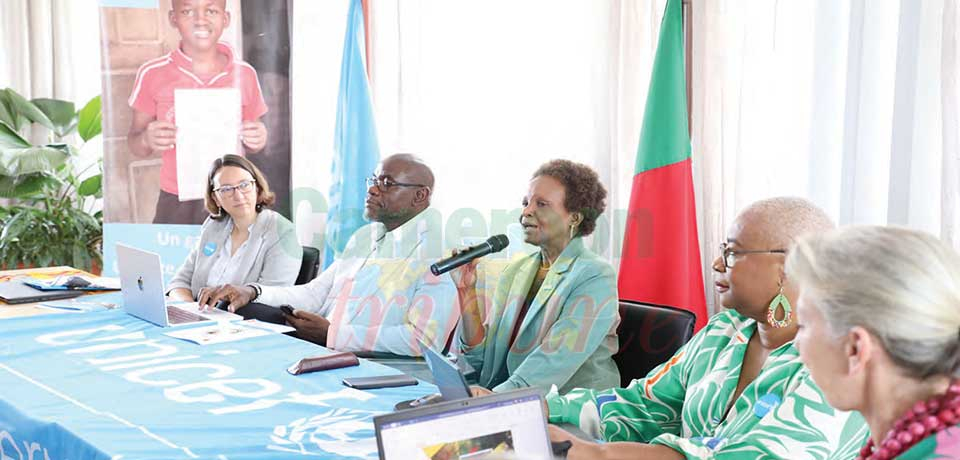
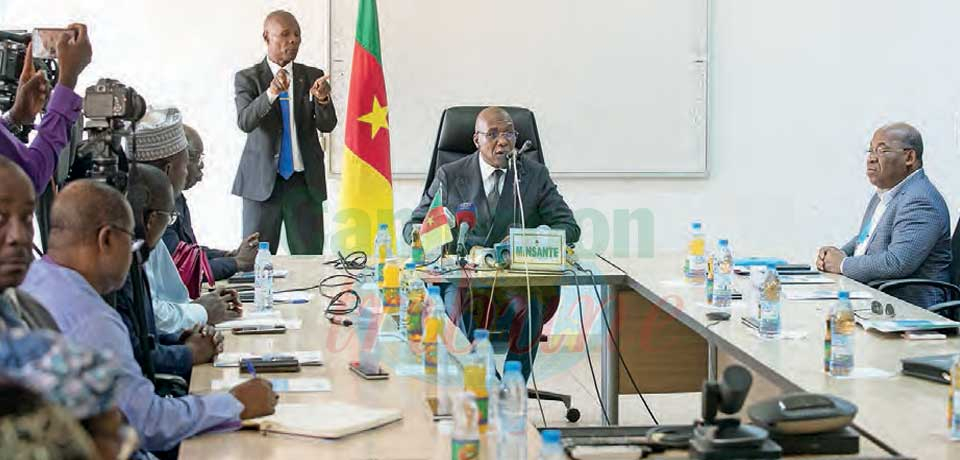
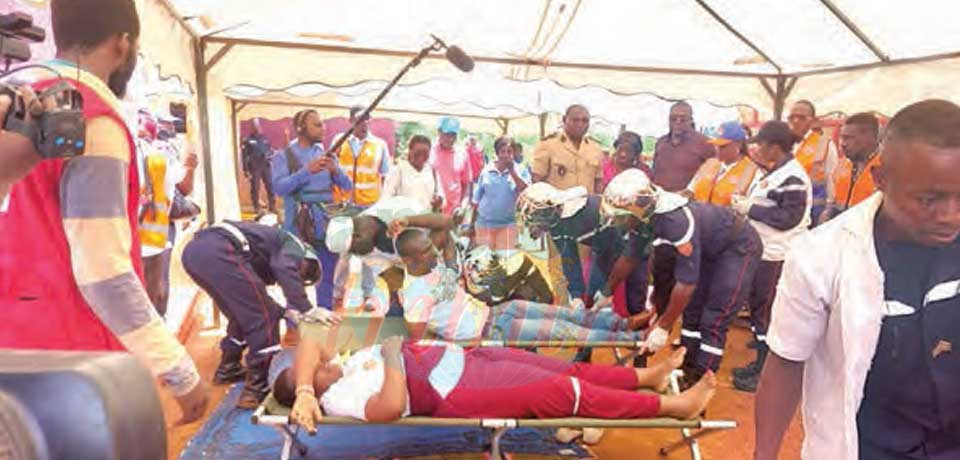
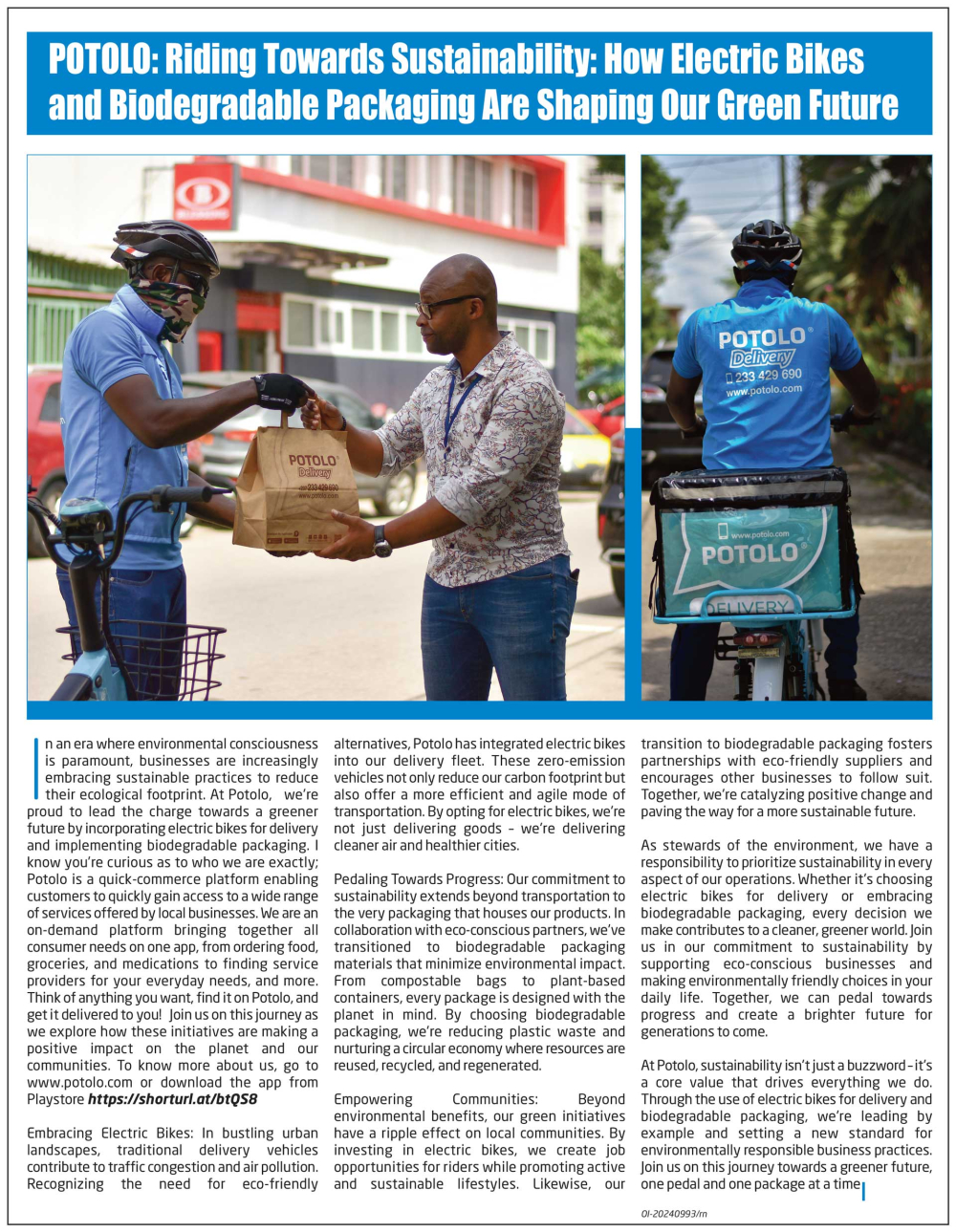
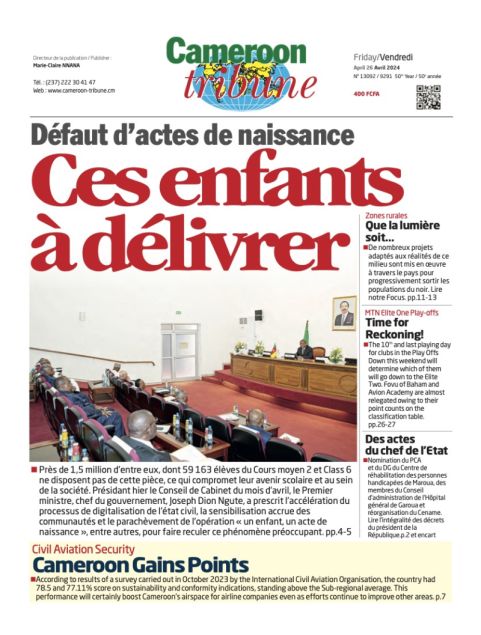




Commentaires